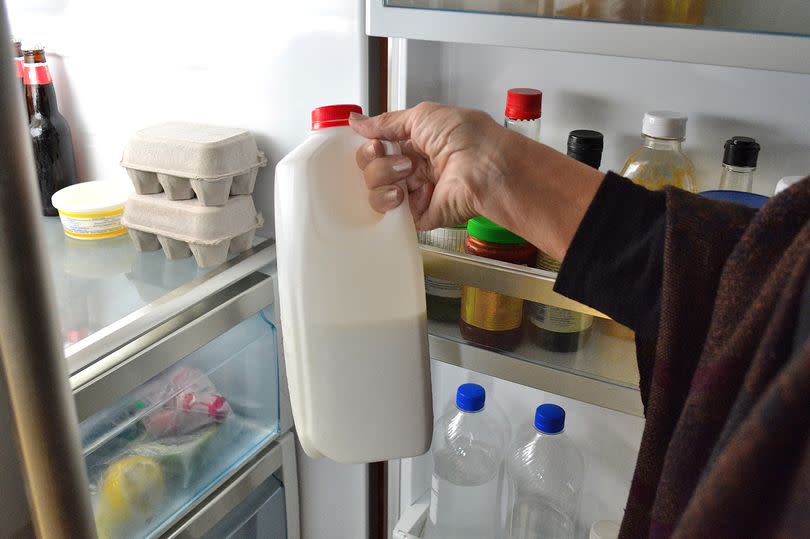Best milk to drink for your gut and reduce risk of heart disease

The variety of milk available in supermarkets is wider than ever. Meaning the task of choosing the healthiest option is somewhat complex.
Traditional cow's milk is nutrient-rich, providing plenty of protein, calcium, potassium, and various vitamins. It comes in whole, reduced-fat, low-fat, and fat-free versions, often fortified with vitamin D by manufacturers.
However, cow's milk can be hard to digest for those with lactose intolerance or anyone recovering from a stomach bug. Whole milk and 2% milk are high in saturated fat too - which can cause cholesterol problems.
Also, those following a vegan lifestyle will need to select an alternative that aligns with their nutritional needs. The reality is that there isn't a single type of milk that can be labelled as the healthiest.
Instead, the best choice will depend on your metabolic rate, dietary requirements, and existing diet. Health experts at ZOE examined the nutritional content of the most popular types of milk.

From traditional cow milk to the range of alternatives, the experts explained what they each contribute to our health. Some of these milks can enhance your gut health and cardiovascular health so it might be worth considering a change.
Goat's milk is often easier to digest than cow's milk, boasting a higher nutritional density and a rich source of vitamin A. However, its strong flavour may not be to everyone's taste.
According to a comprehensive research review, soy milk is the plant-based milk that most closely matches cow's milk in terms of nutritional content. Like cow's milk, it's rich in protein but has less fat and potassium.
Oat milk , popular among coffee lovers due to its froth potential, boasts more fibre than most plant-based milks. A spokesperson from Oatly added: "The majority of plant-based dairy alternatives - including oat versions - are fortified with nutrients such as calcium up to the levels found in cow’s milk."
Almond milk is created by soaking almonds and then straining the resulting liquid, which unfortunately removes most of the nut's health benefits. Some almond milk brands also add salt, vitamins, minerals, stabilisers, and preservatives.
Hemp milk is made by soaking hemp seeds and grinding them down. This type of milk is low in carbohydrates and has fewer calories than cow's milk and most other plant-based milks.
Coconut milk is gaining popularity as an alternative to cow's milk. Compared to cow's milk, it has significantly less protein and some versions also contain stabilisers, salt, flavourings, and added vitamins.
Rice milk, on the other hand, contains less protein than many other plant-based milks. However, it typically has higher levels of manganese and selenium.

ZOE research suggests that while plant-based milks often contain less saturated fat and fewer calories than cow's milk, the manufacturing process can destroy nutritional elements of the plant and introduce new ingredients.
In terms of nutritional value, dairy milks usually come out on top. Among the plant-based alternatives, soy milk most closely matches the nutritional profile of cow's and goat's milks.

 Yahoo News
Yahoo News 
